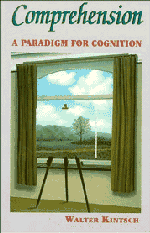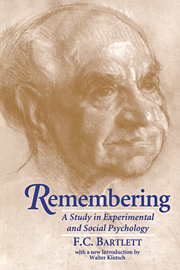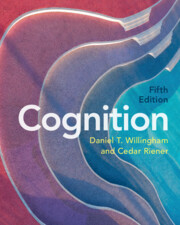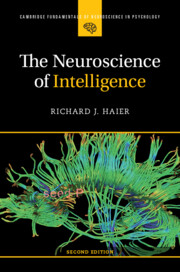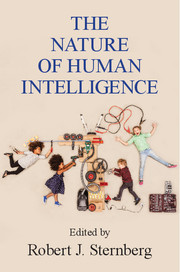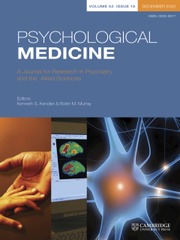Comprehension
In this landmark volume, Walter Kintsch presents a theory of human text comprehension that he has refined and developed over the past 20 years. Characterizing the comprehension process as one of constraint satisfaction, this comprehensive theory is concerned with mental processes - not primarily with the analysis of materials to be understood. The author describes comprehension as a two-stage process: first, approximate, inaccurate representations are constructed via context insensitive construction rules, which are then integrated via a process of spreading activation. In Part I, the general theory is presented and an attempt is made to situate it within the current theoretical landscape in cognitive science. In the second part, many of the topics are discussed that are typically found in a cognitive psychology text. The book addresses how relevant knowledge is activated during reading and how readers recognize and recall texts. It then draws the implications of these findings for how people solve word problems, act out verbal instructions and make decisions based on verbal information.
Product details
April 1998Hardback
9780521583602
480 pages
235 × 150 × 29 mm
0.87kg
Available
Table of Contents
- Preface
- Acknowledgements
- 1. Introduction
- Part I. The Theory:
- 2. Cognition and representation
- 3. Propositional representations
- 4. Modeling comprehension processes: the construction-integration model
- Part II. Models of Comprehension:
- 5. Word identification in discourse
- 6. Textbases and situation models
- 7. The role of working memory in comprehension
- 8. Memory for text
- 9. Learning from text
- 10. Word problems
- 11. Beyond text
- References
- Name index
- Subject index.

